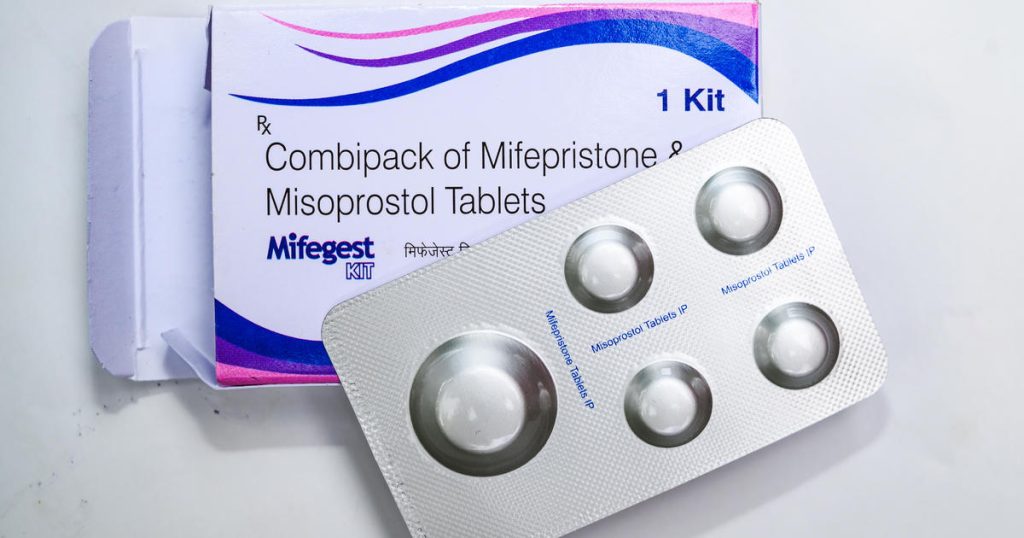Advocates for abortion rights argue that the bill in Louisiana is a dangerous overreach that could have serious consequences for women’s reproductive health. They believe that criminalizing possession of abortion drugs without a prescription could prevent women from accessing necessary medical care, including managing miscarriages. Opponents of the bill also argue that it could lead to increased government monitoring of pregnant women and healthcare providers, infringing on their privacy and autonomy. The Biden-Harris campaign has strongly criticized the legislation, characterizing it as part of a larger effort to restrict abortion access and control women’s healthcare decisions.
The bill in Louisiana represents a significant step towards restricting access to medication abortions, which are commonly used in early-stage pregnancies. By classifying the drugs used in medication abortions as controlled substances, the state is criminalizing possession of these drugs without a prescription. This move could set a precedent for other states to follow suit and further restrict access to abortion care. While pregnant women are currently exempt from prosecution under the legislation, advocates worry that the bill will still have far-reaching consequences for women’s healthcare and reproductive rights.
Supporters of the bill argue that classifying the abortion drugs as controlled substances is necessary in order to monitor the distribution and use of these medications. By creating a database of who is receiving the drugs, states can track their use and ensure that they are being used safely and appropriately. However, opponents of the bill contend that this monitoring could lead to increased government intrusion into medical decisions and personal privacy, particularly for pregnant women seeking abortion care or medication to manage miscarriages.
The passage of the bill in Louisiana comes at a time when abortion rights are increasingly under threat at the state level. With the potential for a conservative majority on the Supreme Court, many states are enacting stricter abortion restrictions in anticipation of a potential challenge to Roe v. Wade. The classification of abortion drugs as controlled substances is just one example of the tactics being used by anti-abortion lawmakers to limit access to reproductive healthcare. As the battle over abortion rights continues to intensify, advocates on both sides of the issue are gearing up for a protracted legal and political fight.
The outcome of this legislation in Louisiana could have far-reaching implications for reproductive healthcare and abortion rights across the country. If the bill is signed into law by Governor Jeff Landry, Louisiana will become the first state to classify abortion drugs as controlled substances. This move could embolden other states to pursue similar restrictions on abortion care, further limiting access for women seeking reproductive healthcare services. The implications of this legislation extend beyond just abortion, affecting pregnant women seeking medical care for a variety of conditions. As the fight over abortion rights continues to unfold, both sides are preparing for a long and contentious battle over the future of reproductive healthcare in the United States.


